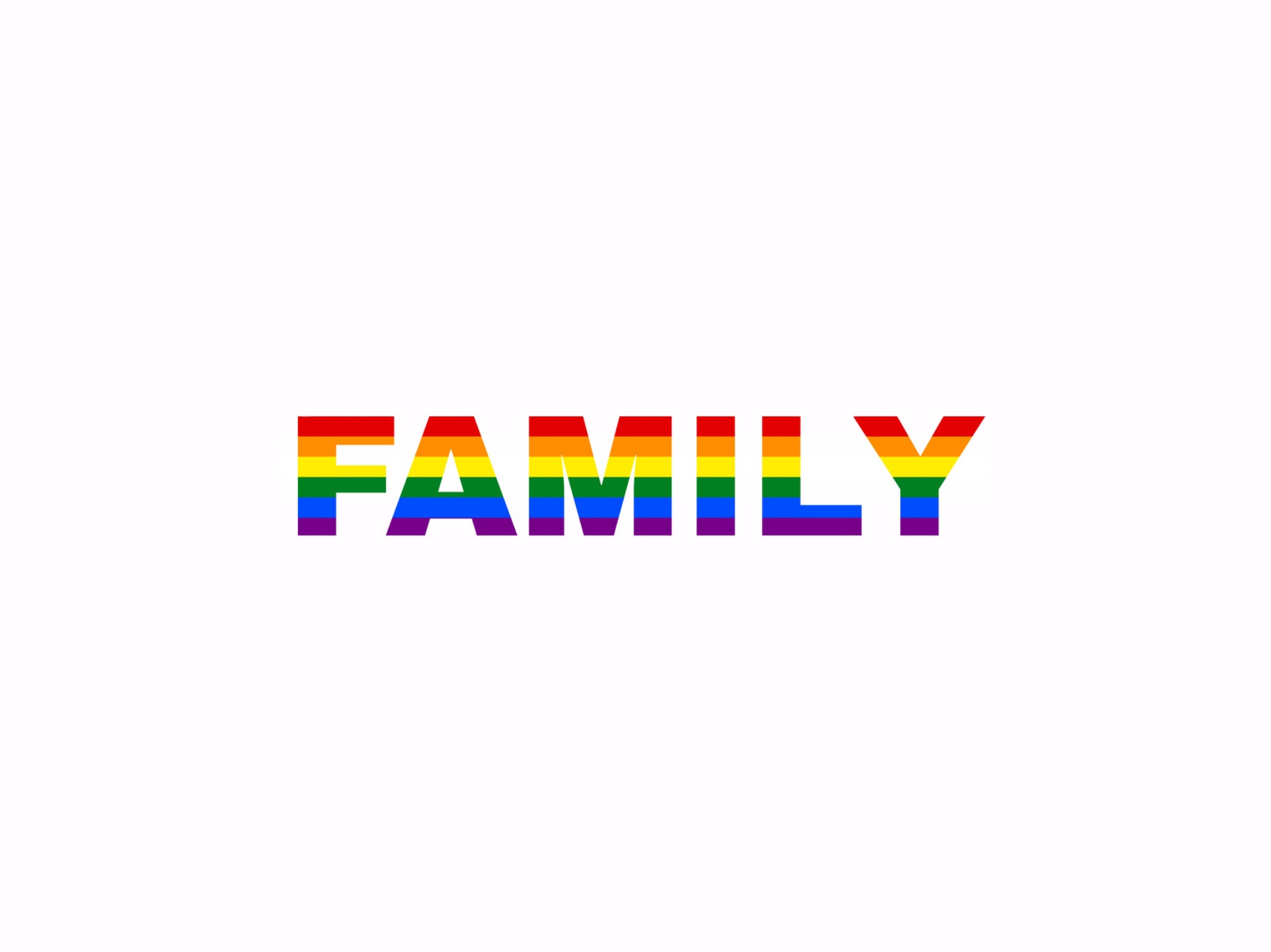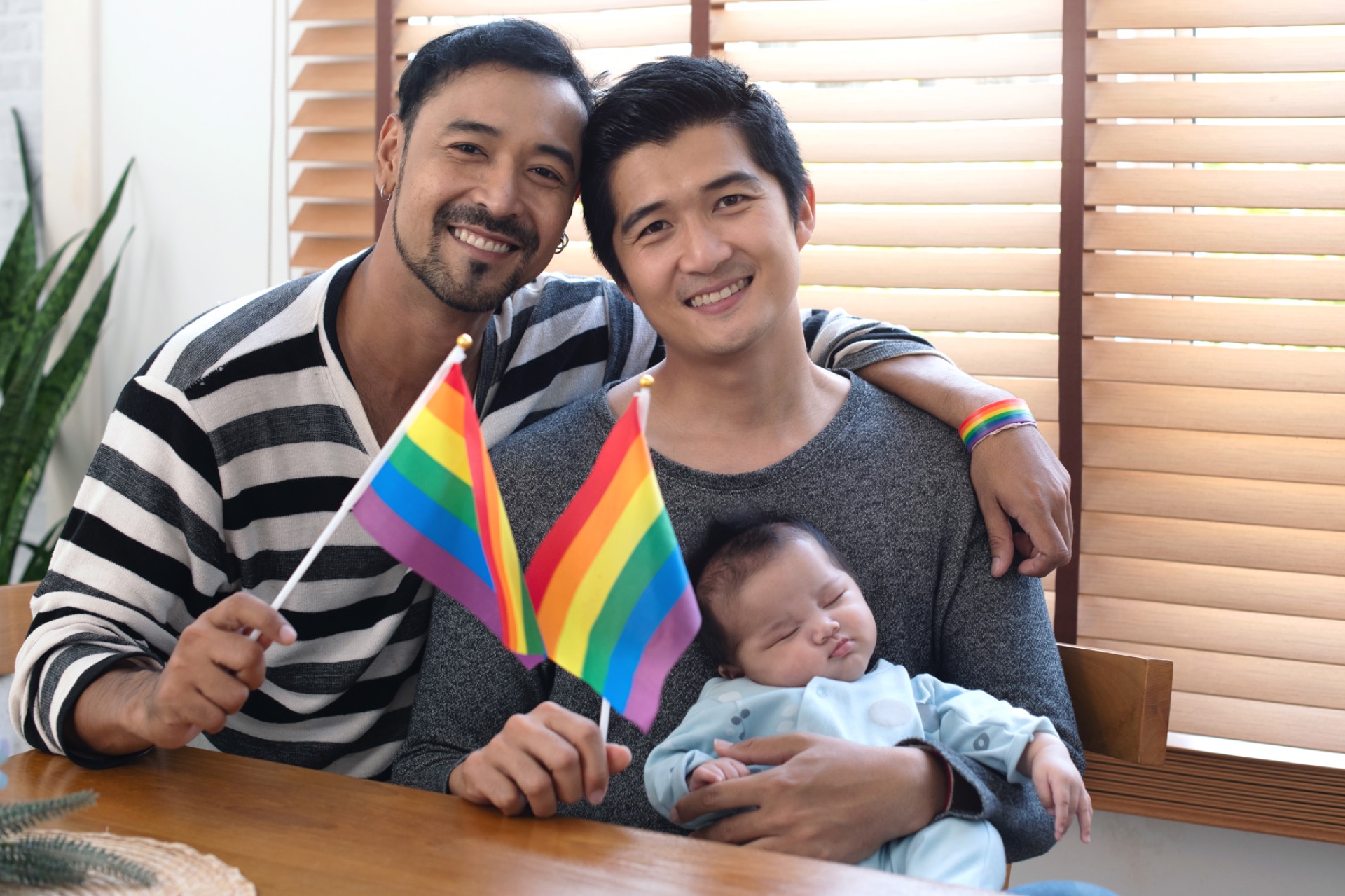"Expert Legal Advice and Representation based in Brighton in the heart of the LGBTQ+ community"
I am a dual qualified former solicitor now practising as a barrister authorised by the Bar Standards Board to accept instructions direct from the public without the need to instruct a separate solicitor in appropriate cases. This is called the Direct Public Access Scheme but because of my background as a former solicitor, I can offer a service that encompasses the best of both worlds all in one place. As a member of the LGBTQ+ community, I can offer a unique perspective on the issues that affect members of our community when they decide to embark upon the journey of creating a family or encounter obstacles and issues in legal parenting relationships.

Surrogacy/Adoption
This is a complex area of law that enables particularly gay male couples to create a family of their own without the involvement of a legal mother. In order to confer legal parenthood on the intended parents it is necessary to obtain a Parental Order under S54 or S54A Human Fertilisation and Embryology Act 2008. A failure to do so means that you are not recognised as legal parents to your children in the UK and the surrogate and any spouse will retain that status. Sometimes the only option available is to legally adopt the child. A surrogacy arrangement is unenforceable in English law so many intended parents travel abroad to create their family. Careful thought is required in terms of practical arrangements but also immigration considerations that may arise.

Child Arrangements Orders
In some cases it is necessary for an application to be made to the Family Court for a Child Arrangements Order or even an Adoption Order to enable adults who are not genetically related to a child to have their status legally recognised. Some adults need the Court's permission to make such applications and these cases become very complex when disputes arise if relationships breakdown, or there is a disagreement as to the role played by an individual who may not be legally recognised as the parent even if biologically related. How the child is conceived (natural or artificial insemination) is crucial to establishing whether the case is within the jurisdiction of the Human Fertilisation and Embryology Act 2008 or the Children Act 1989.

Parental Responsibility and Legal Parenthood
All children can only have a maximum of 2 legal parents. Legal parenthood and parental responsibility are distinct legal concepts. The legal status of adults conceiving a child will vary depending on whether the child is the product of artificial insemination or natural insemination. If a child is born through artificial insemination in prescribed circumstances, the male adult genetically connected to the child will not be recognised as a legal parent. Conversely, a child conceived through natural insemination will confer the status of legal parent upon the male adult (father) but he may not hold parental responsibility for the child at birth unless he is the spouse of the mother or named on the birth certificate.